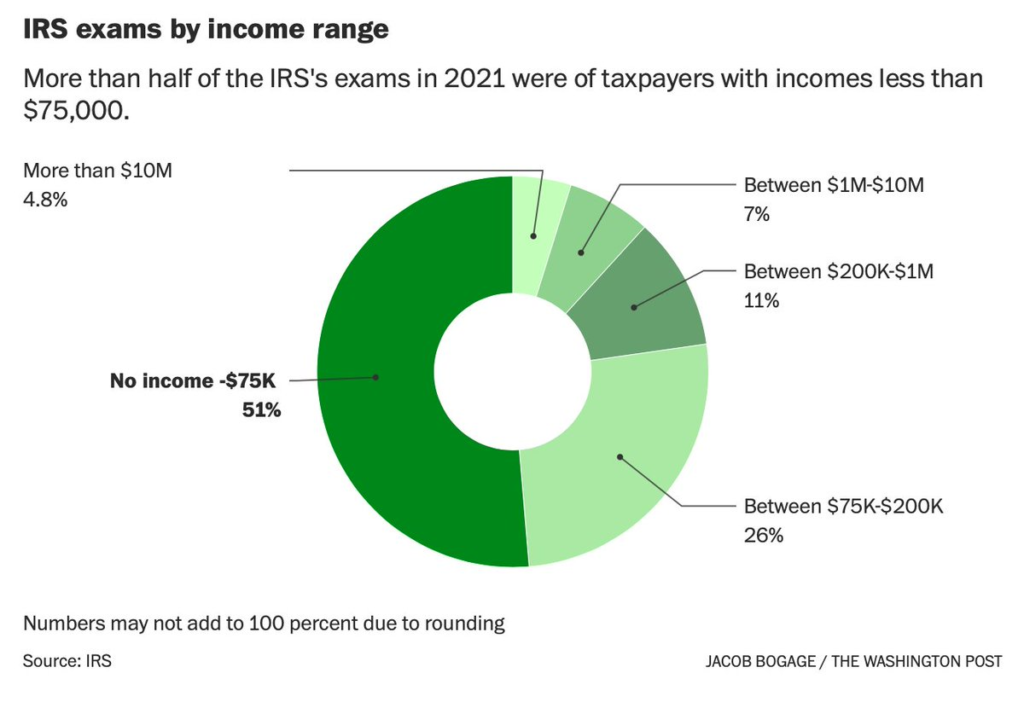Link: https://www.bbc.com/news/business-56718036
Excerpt:
The Post Office had prosecution powers and, between 1999 and 2015, it prosecuted 700 sub-postmasters and sub-postmistresses – an average of one a week – based on information from a computer accounting system called Horizon. Another 283 cases were brought by other bodies including the Crown Prosecution Service.
Some went to prison for false accounting and theft. Many were financially ruined, even though they had repeatedly highlighted problems with the software.
After 20 years, campaigners won a legal battle to have their cases reconsidered. To date only 93 convictions have been overturned. Under government plans, victims will be able to sign a form to say they are innocent, in order to have their convictions overturned and claim compensation.
….
Horizon was introduced by the Post Office in 1999. The system was developed by the Japanese company Fujitsu, for tasks like accounting and stocktaking.
Sub-postmasters complained about bugs in the system after it falsely reported shortfalls – often for many thousands of pounds.
Some attempted to plug the gap with their own money, as their contracts stated that they were responsible for any shortfalls. Many faced bankruptcy or lost their livelihoods as a result.
The Horizon system is still used by the Post Office, which describes the latest version as “robust”.
….
Nobody has ever been held accountable for the scandal.
The heavily criticised former Post Office chief executive, Paula Vennells, said she would hand back her CBE after a petition calling for its removal gathered more than a million signatures.
Lib Dem leader Sir Ed Davey is among several politicians who have faced questions, as he was postal affairs minister in the coalition government. He said he regretted not asking “tougher questions” of Post Office managers, describing what had happened as “dreadful”.
The inquiry is hearing from Post Office investigators, Fujitsu, civil servants and others.
Author(s): By Kevin Peachey, Michael Race & Vishala Sri-Pathma
Publication Date: 11 Jan 2024
Publication Site: BBC News


